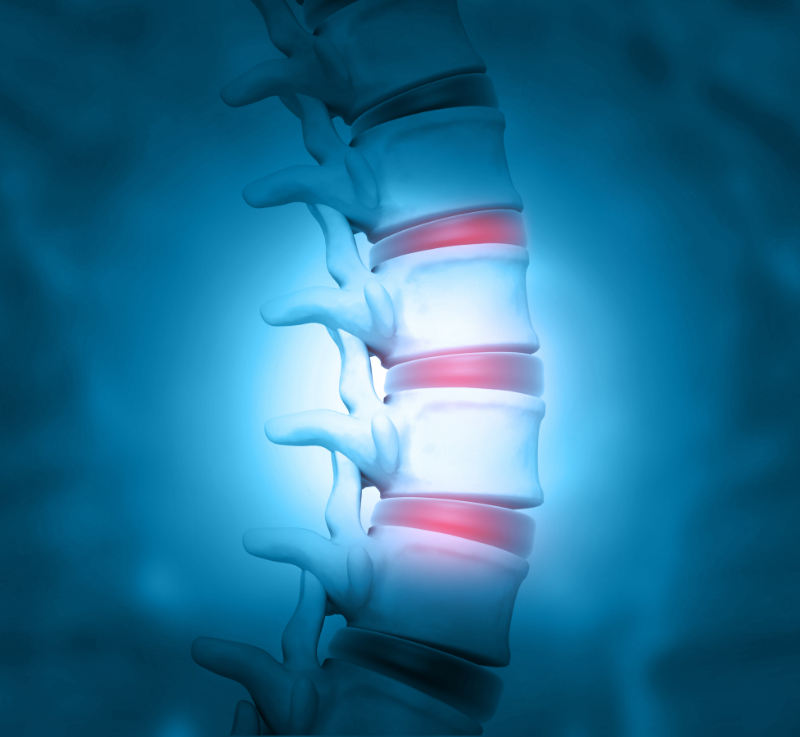All company structures are involved at different levels in the drug manufacturing process...
Rheumatology is a medical speciality that deals with the diagnosis and treatment of diseases of the musculoskeletal system, particularly the joints. Gout, one of the best known and oldest forms of arthritis, is an essential part of this speciality.
Gout
Gout is the most common inflammatory joint disease (arthritis) in men over the age of 40. It is characterised by very severe pain in the metatarsophalangeal joint of the big toe at the end of the night, which is characteristic of a gout attack. This arthritis is caused by crystalline deposits of uric acid, which is normally excreted in the urine. When uric acid levels are high, gout attacks occur in episodes and at increasingly shorter intervals. Without treatment, the disease becomes chronic. Risk factors are heredity, a diet rich in meat, seafood and alcohol. 75% of gout patients have metabolic syndrome, in which visceral obesity, high blood pressure, type 2 diabetes and high cholesterol levels occur together. It is important to treat gout chronically and keep uric acid levels below a certain limit of 360 micromol/l, as cardiovascular complications and deterioration of kidney function can occur in the long term. Treatment of the risk factors and appropriate management of the gout attack in conjunction with treatment to lower uric acid levels are crucial. 1



